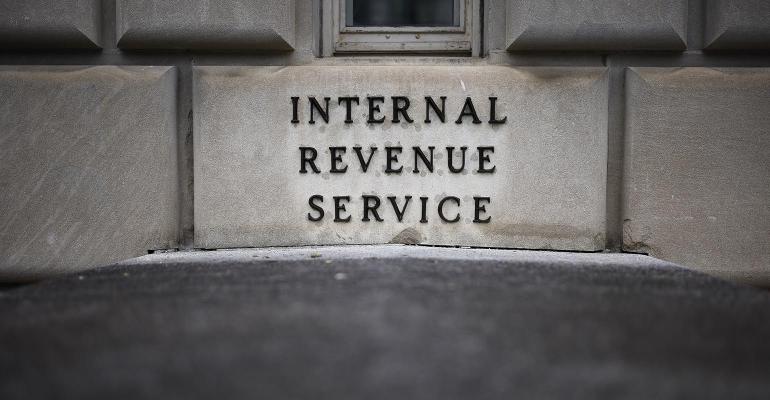The badly short-staffed IRS is taking inspiration from the private sector and tapping new resources in order to offer greater incentives to attract and retain experienced agents to focus on wealthy taxpayers.
“The IRS has never been up to speed in the recruiting efforts that it takes to hire that quickly and getting the right people,” said Eric Cirelli of the IRS Large Business and International Division at a recent speaking engagement at the University of Southern California School of Law. “So we are looking at headhunters and looking at ways to come to—not just job fairs, but to use data analytics to find candidates.”
While the IRS’s recruiting efforts in 2023 were mostly targeted at hiring customer service personnel, it is now focusing on those with specialized tax expertise.
“In the last few months, we’ve just started hiring external field agents—the revenue agents we need at the higher grades to get to training on these high-income, high-wealth cases,” said Cirelli.
One of the new efforts, called “by name request” involves reaching out directly to experienced tax professionals to attempt to poach them from their current positions in favor of working for the IRS.
“We needed opportunities to be able to reach out to people,” said Cirelli, “people we knew, people we’ve worked with in the past and people we know that are looking for a new career opportunity.”
To entice these professionals to actually make a move, the IRS is offering higher starting salaries, greater leave incentive and, in the future, hiring bonuses. Perhaps most attractively, the service is highlighting the better work/life balance that government work can offer, and how the experience can make a candidate more attractive if they eventually decide to return to the private sector.
Because targeting higher-net-worth individuals necessarily means dealing with more complex issues, the IRS is also revamping its training program, including a special “master level” for agents focusing on complex partnership issues, which Cirelli describes as “kind of like a tax LLM-type course.” But at the end of the day, Cirelli said there’s no better training than what you get on the job.
“To me, training is a supplement to experience,” Cirelli said. “You have to get the cases in their hand, make them a team agent on a large case and learn from a good mentor, but you also need to get them to feel confident in what they’re doing.”
Cirelli admits that manpower, nonetheless, will remain an issue even after a successful hiring blitz. As such, the agency is earmarking some of its Inflation Reduction Act funding to beef up its compliance technology. “It’s not just about the electronic filing, but it’s working on better ways to make the Schedule K-1 process, for instance, more electronic so we can get that data and try to match it to returns,” he explained.
Ultimately, however, the success of these enforcement efforts will depend on boots on the ground. “We’re a people organization.” Cirelli said. “We serve the taxpayers made up of people, and the people make or break you.”





